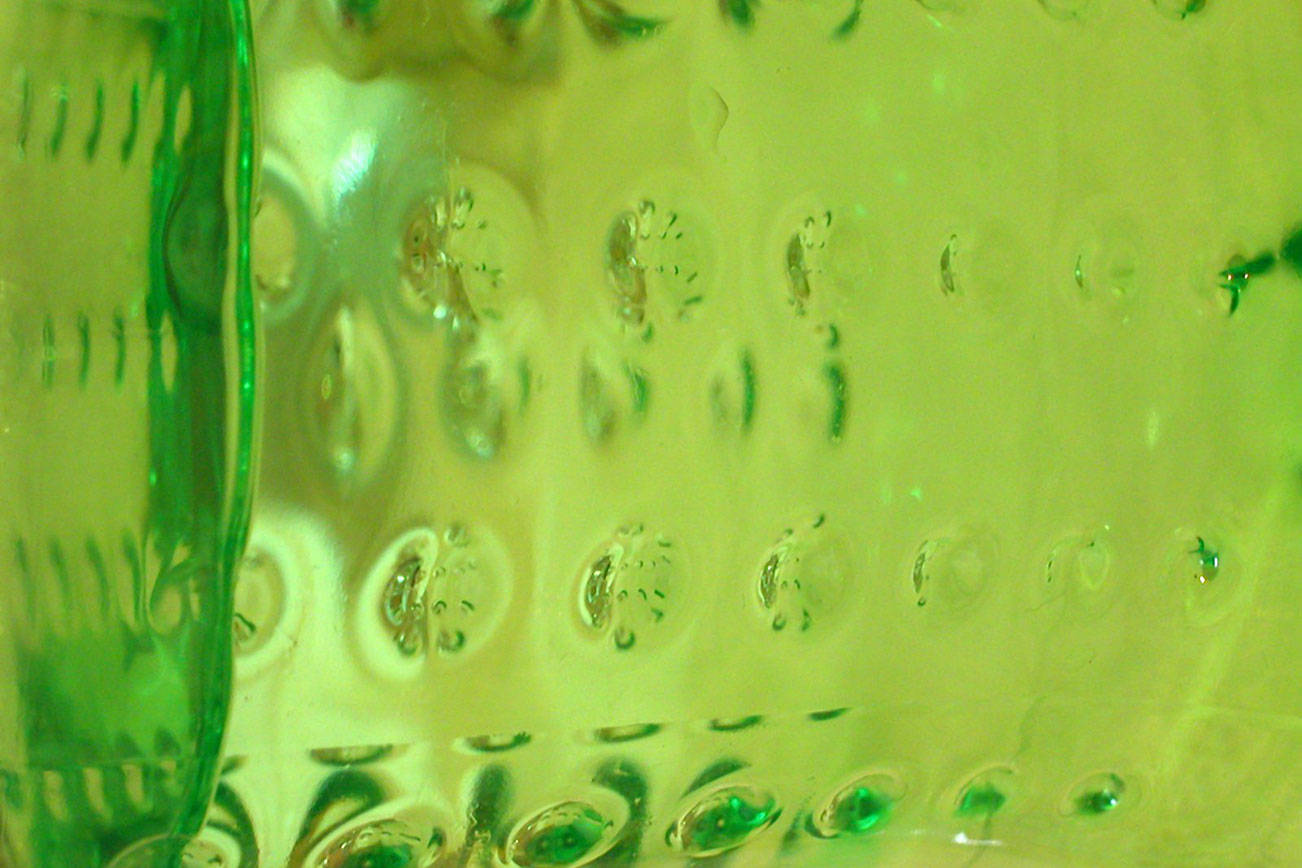By Hannah Scholes, for the Auburn Reporter
The use of plastics in the world today allows for innovation and convenience that suits our fast-paced lives. From baby bottles and laptop casings to automobile dashboards, we rely on plastic products and packaging every day.
Plastic offers unique flexibility for design, manufacturing and durability. It can be clear or produced in an array of beautiful colors. It’s amazingly lightweight for shipping.
When it comes to disposal, however, we run into trouble. Only about 9 percent of plastic is recycled worldwide. To make matters worse, about 8.8 million tons of plastic enter the oceans as litter each year.
Much of this ocean plastic enters waterways in and near countries undergoing rapid development – parts of the world where environmental infrastructure and regulation are lacking. Through the ocean’s currents, bits of plastic end up in gigantic floating formations thousands of miles from shore. Plastic pollution is a staggering and complex issue.
How do we tackle it? How do we stop plastic waste from making its way into our oceans? No one person, company or nation has the answer – and yet there is agreement that meaningful change will require all of us working together. Solving part of the plastics problem begins with our own behaviors, at home, school and work. How can we help? Here are a few simple ideas:
Choose reusable. About 40 percent of the plastic produced today is used only once before it is thrown away. Do your part to cut down on single-use plastics in everyday life. Always bring your re-usable coffee mug, water bottle, grocery bag, fork, take-out container, etc.
Recycle Right. Check your local recycling guide and recycle the plastic items you see on the list. These items have stable markets to ensure the materials are made into new products. To see what’s on the recycling list in your community, visit wmnorthwest.com/auburn.
Buy products made with recycled content. Yes, it’s true. Consumers have the power to create demand for products made from recycled materials. We can create strong markets for recyclables by buying the products made from those recycled materials.
Spread the word. Encourage those around you to make lifestyle changes to reduce waste and recycle right. Individual actions may seem small, but when we’re all working together, we can make a huge impact.
If you’d like to learn more about plastics in the ocean, and how you can help, check out this National Geographic article.
Together, we can end plastic pollution and clean up our oceans for future generations.
Hannah Scholes is Waste Management’s education and outreach manager. Learn more about plastic recycling at RecycleOftenRecycleRight.com.


